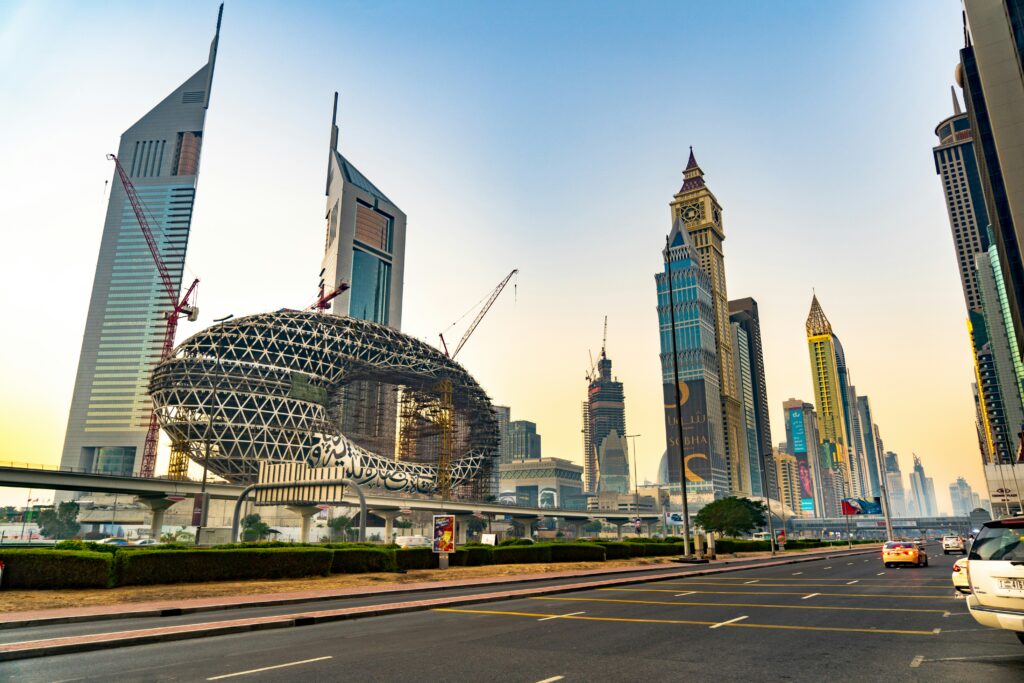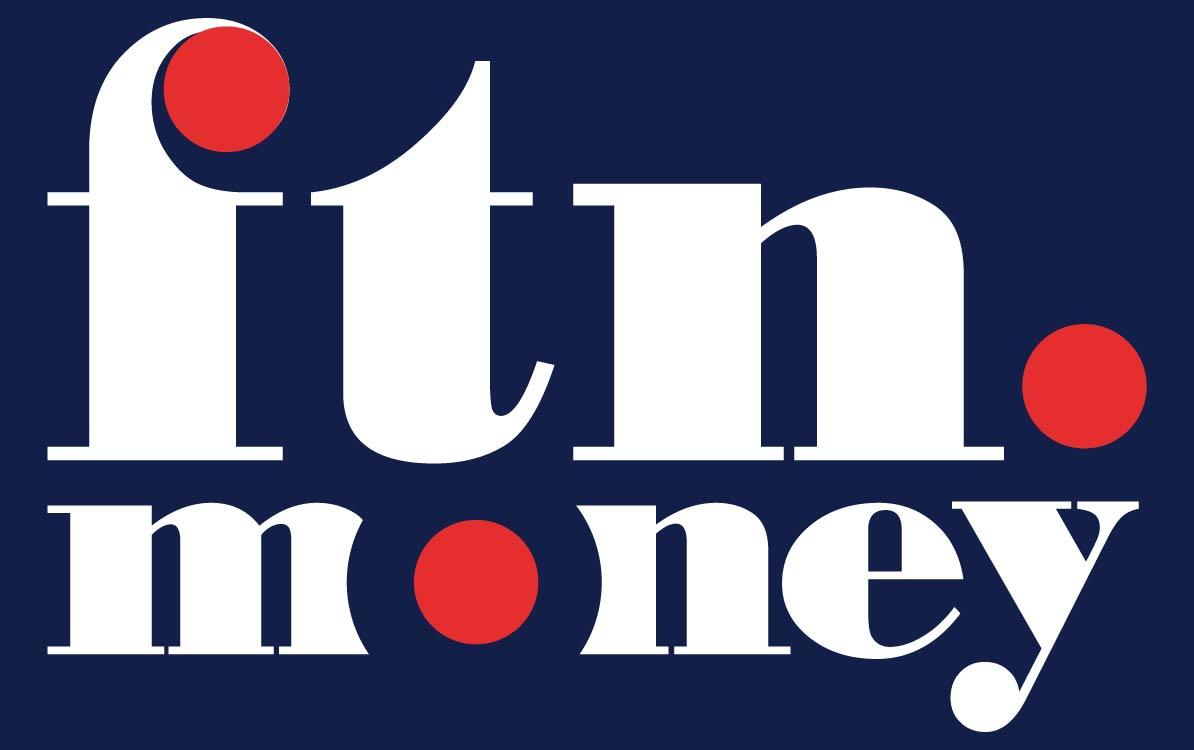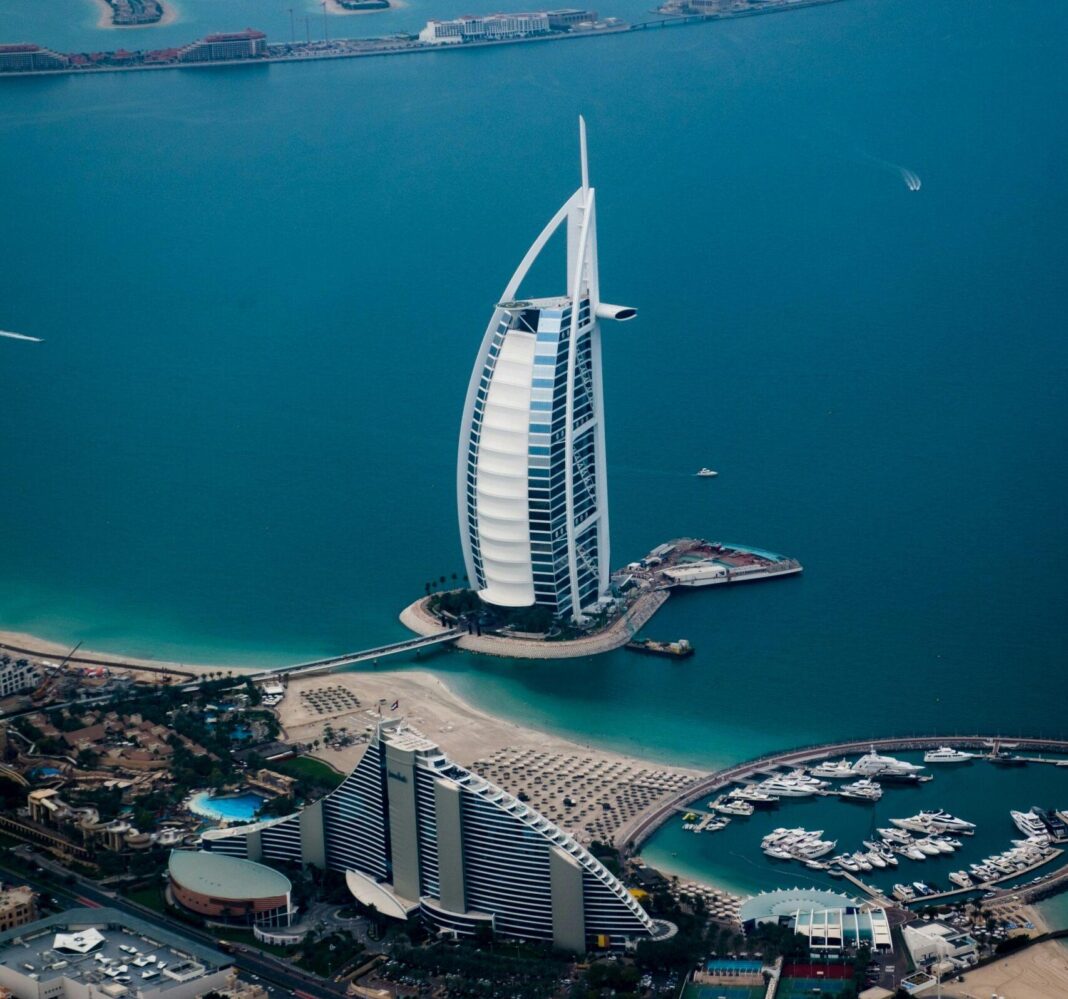The European Union’s recent removal of the United Arab Emirates from its financial crime watchlist signals a pivotal moment for Dubai’s global financial ambitions. With two years of regulatory reform behind it, the UAE is now on a clear path to position Dubai as a fintech powerhouse. But can it truly rival London, Singapore, or New York?
Why the EU’s Decision Changes the Game for Dubai
A Global Green Light for Financial Reform
The EU’s delisting follows sweeping changes to the UAE’s financial regulatory framework—enhanced anti-money laundering (AML) measures, tighter oversight of virtual asset firms, and greater alignment with global bodies like the Financial Action Task Force (FATF).
“This is a transformative milestone,” says Dr Sarah Al Suwaidi, a regulatory expert based in Dubai. “It signals to global markets that the UAE has matured into a credible, rules-based financial jurisdiction.”
The change is more than symbolic:
- Reduced friction for cross-border banking between EU and UAE entities.
- Renewed confidence among foreign institutional investors.
- Accelerated licensing and scaling opportunities for fintech startups.

Inside Dubai’s Fintech Infrastructure Push
Key Reforms Powering Market Confidence
Since early 2022, the UAE has:
- Implemented beneficial ownership registries to trace ultimate asset holders.
- Strengthened AML and CTF reporting frameworks, particularly for virtual asset service providers (VASPs).
- Expanded regulatory authority within both Abu Dhabi Global Market (ADGM) and Dubai International Financial Centre (DIFC).
The Regulatory Advantage: DIFC and ADGM
Dubai and Abu Dhabi are now home to two of the most agile fintech hubs in the Middle East:
- 100% foreign ownership, setting them apart from many other emerging markets.
- Sandbox environments for fintech experimentation using blockchain, AI, and tokenisation.
- Fast-track licensing, with some approvals issued in under 30 days.
“The DIFC’s responsiveness has outpaced regulators in Europe and North America,” notes Rami Al Karmi, CEO of a Dubai-based digital bank. “That speed is attracting serious fintech talent and capital.”

The Investment Landscape: Dubai on the Fintech Radar
Follow the Money: Investment Is Surging
According to Dealroom:
- Fintech investment in the UAE reached $1.4 billion in 2023, up from $600 million in 2021.
- Global giants like Stripe, Revolut, and Checkout.com have set up regional bases in Dubai, citing its favourable business conditions and access to MENA markets.
Benchmarking Against London and Singapore
| Metric | Dubai | London | Singapore |
| Fintech Funding (2023) | $1.4B | $4.1B | $2.3B |
| Time to Licence | ~30 days | 90+ days | ~60 days |
| Corporate Tax Rate (Free Zones) | 0% | 25% | 17% |
While London retains an edge in overall volume and network depth, Dubai is closing the gap through policy speed, tax incentives, and regional scale.

Obstacles on the Road to Fintech Supremacy
Challenges That Could Undermine Momentum
- Lingering perception issues: Some investors remain cautious due to legacy concerns around financial opacity.
- Skills gap: Dubai’s fintech talent pipeline, while improving, still lags behind mature ecosystems like Silicon Valley or London.
- Geopolitical headwinds: Ongoing tensions in the wider MENA region may deter certain categories of long-term investment.
How Dubai Can Sustain Its Fintech Rise
To consolidate its gains, the UAE will need to:
- Ensure continued enforcement of AML and CTF standards.
- Invest in fintech education and incubators, nurturing both local talent and global talent migration.
Form strategic partnerships with international fintech platforms (e.g., UPI, Alipay) to expand cross-border services.

Conclusion: Dubai’s Fintech Future—Momentum with Measured Optimism
The EU’s decision may have removed a significant obstacle, but Dubai’s rise as a leading fintech capital is not yet assured. Sustained policy reform, talent development, and deeper integration with international markets will be essential. That said, the message to the global financial community is unmistakable: Dubai is not just catching up—it’s coming for the crown.



